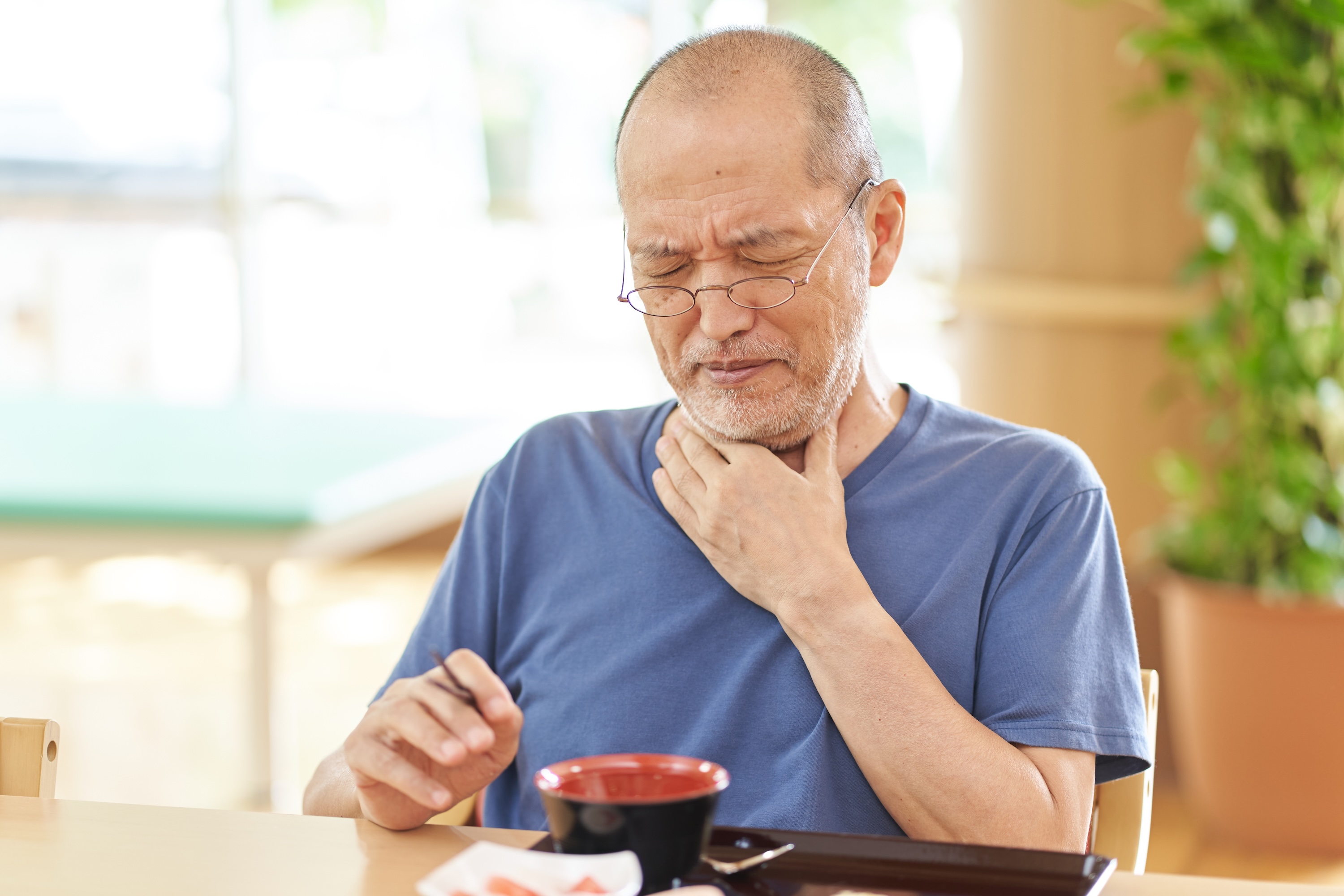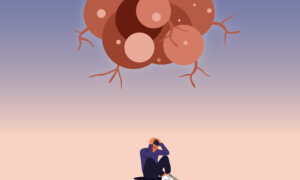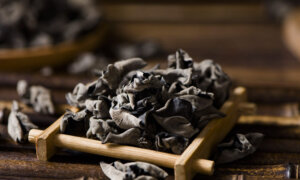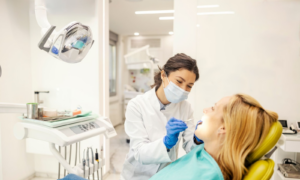Risk Factors
Several key risk factors have been identified that significantly increase the likelihood of developing esophageal cancer, Kuo noted.
1. Alcohol
Alcohol can severely damage the esophagus, especially when there is insufficient mucosal protection or excessive intake of high-concentration alcohol, according to Kuo.
2. Hot Beverages
Research shows that drinking beverages at high temperatures is associated with an increased risk of esophageal cancer.
3. Irritating Foods
Sour, sweet, and spicy foods can stimulate gastric acid secretion, potentially harming the esophagus during acid reflux episodes. Spicy foods, in particular, can directly irritate the esophageal lining, causing discomfort. A 2022 meta-analysis found that consuming highly spicy foods may increase the risk of esophageal cancer.
4. Carcinogens
Certain potential carcinogens may increase the risk of esophageal cancer, Kuo said. These include Group 1 carcinogens—substances confirmed to cause cancer—such as betel quid, processed meat, smoking, and air pollution. Group 2A carcinogens, classified as probable carcinogens, include foods that can produce nitrosamines and banned pesticides such as DDT and also raise esophageal cancer risk.
Foods That Can Produce Nitrosamines
Nitrosamines form when nitrites or nitrates interact with amino acids, typically under high temperatures (e.g., during cooking or curing processes). These are associated with the following processed foods:
- Processed Meats: Bacon, sausages, hot dogs, and ham often contain added nitrates or nitrites as preservatives.
- Smoked or Cured Fish: Foods like smoked salmon or cured anchovies may form nitrosamines during preparation.
- Pickled Foods: Some pickled vegetables, especially those made with nitrite-containing preservatives, produce nitrosamines.
- Beer: During the brewing process, certain reactions may produce nitrosamines.
- Cheese: Aged cheeses may contain trace amounts of nitrosamines.
Foods Associated With DDT Exposure
While DDT is banned in many countries, it persists in the environment and may still contaminate certain foods, such as:
- Fatty Fish: Fish like salmon, tuna, or mackerel from polluted waters may accumulate DDT residues.
- Dairy Products: Milk, butter, and cheese from livestock exposed to contaminated feed or water may carry traces of DDT.
- Meat and Poultry: Animals grazing on contaminated lands or eating tainted feed could have DDT residues in their fat.
- Imported Produce: Fruits and vegetables from regions where DDT use has not been entirely banned.
Symptoms and Diagnosis
The main symptoms of esophageal cancer include difficulty swallowing and weight loss, Kuo noted. Patients may initially have trouble swallowing solid foods, which can gradually worsen to the point where even liquids become hard to swallow. This difficulty eating often results in weight loss.
- Scleroderma and Polymyositis: These autoimmune diseases can affect the striated muscles in the upper esophagus, resulting in swallowing difficulties.
- Esophagitis: For instance, patients with Barrett’s esophagus may experience a loss of appetite and difficulty swallowing.
- Neurological Conditions: Brainstem strokes can disrupt the swallowing center, causing difficulty swallowing and increasing the risk of choking.
Due to the esophagus’s lack of a protective serosal layer, cancer cells can spread easily to adjacent structures like the trachea and blood vessels, according to Kuo.
Prevention Methods
Repairing the esophageal lining through diet can help reduce cancer risk, according to Kuo. He recommended foods such as okra, cabbage, seaweed, and kelp.
Suggested Recipes for Prevention
Kuo shared two recipes that may contribute to esophageal cancer prevention:
Black Fungus Tea
Ingredients:
- 0.53 ounce (15 grams) black fungus
- 0.32 ounce (9 grams) fresh ginger
Preparation:
- Soak the black fungus until softened.
- Add both ingredients to a pot and cook thoroughly.
- Blend the cooked mixture in a blender until smooth.
- Pour the tea into a bottle and sip as needed.
Note: This tea is rich in polysaccharides and is best consumed fresh. It should not be stored for long periods, as its nutrients may degrade over time.
8-Treasure Congee
Ingredients:
- 3.53 ounces (100 grams) organic soybeans
- 3.53 ounces (100 grams) organic corn
- 1.76 ounces (50 grams) snow fungus
- 9 red dates
- 9 shiitake mushrooms
- 1.76 ounces (50 grams) lotus seeds
- 1.06 ounces (30 grams) goji berries
- 0.35 ounce (10 grams) honey
Preparation:
- Chop the snow fungus and shiitake mushrooms into small pieces, then soak them in hot water.
- Rinse all other ingredients.
- Combine everything in a pot and simmer until thickened.
- Add water and simmer over low heat until the mixture thickens to a congee-like consistency.
- Stir in the honey and divide the congee into three portions.
Consume one portion each morning. This congee can help boost immunity and support cancer prevention.













